This is a guest post by Jeffrey S. Reznick, PhD, Chief, History of Medicine Division, National Library of Medicine
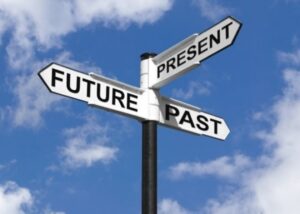 It is a privilege to offer this blog post as a follow-up and complement to my October 21, 2016, Archives Talk at UCSF, and to do so as my NLM colleagues and I work with our leadership to craft the NLM’s third century and encourage public feedback on its strategic planning process.
It is a privilege to offer this blog post as a follow-up and complement to my October 21, 2016, Archives Talk at UCSF, and to do so as my NLM colleagues and I work with our leadership to craft the NLM’s third century and encourage public feedback on its strategic planning process.
For several years now, the NLM’s History of Medicine Division has been embracing the future as we continue our mission to collect, preserve, make freely available, and curate for diverse audiences the NLM’s treasured historical collections, which span ten centuries. I’ve described this mission as stewardship of the past, and I have argued that it is not mutually exclusive of embracing the future. This is because to be the best steward of history during times of change, it is important to anticipate, explore, and chart the paths toward many possible futures. So what do I mean by embracing the future?
Embracing the future means facing change. It means engaging and grappling with it, because studying history can contribute meaningfully to contextualizing and shaping change.
Embracing the future means supporting open and “citizen-centered” government. It means enabling access to all, not just a few. It means engaging new audiences, not only the traditional ones. It involves engagement across the disciplines, and across the spectrum of the public, to ensure that scholars, educators, and interested people of today and tomorrow can have access to the world’s historical medical heritage for research, teaching, and learning.
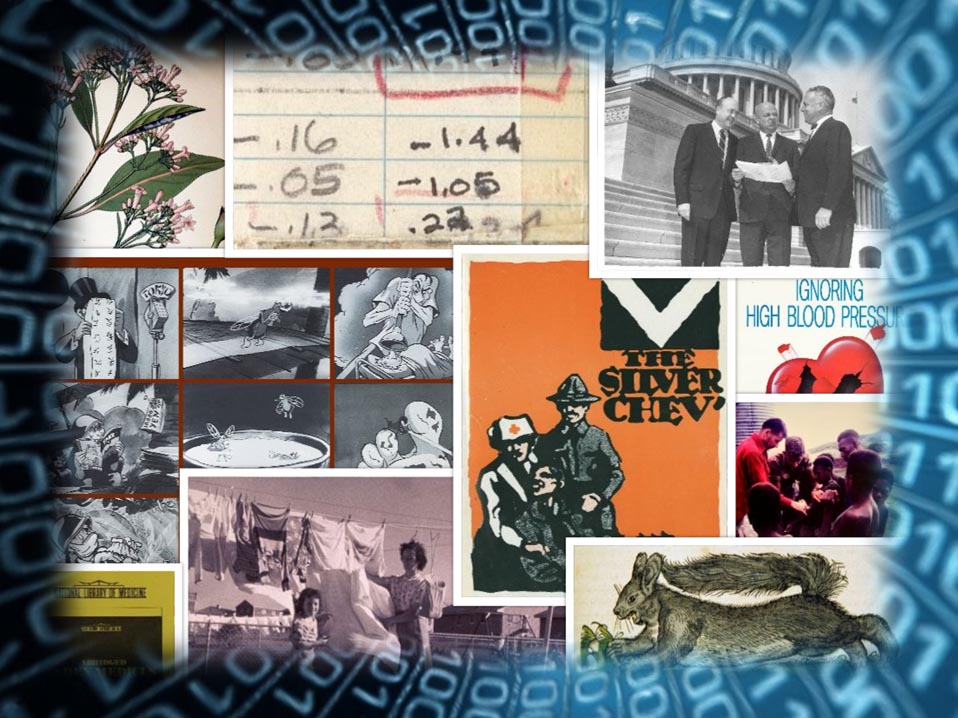
NLM’s treasured historical collections span ten centuries and originate from nearly every part of the world. Our digitization of these materials, for greater access by researchers of all disciplines, goes hand in hand with our preservation of them, in their original form, for future generations of researchers.
Embracing the future means embracing fair use and supporting robust digitization as a means of both access and preservation, and achieving these goals through mutually-supportive public and private partnerships. Moreover, embracing the future means appreciating and understanding that digitized historical medical collections exist in a format appealing not only to those focused on deep reading and close study of individual works, but also to scholars and to entirely new audiences who are interested in mining these digital surrogates and their associated metadata data for more data-focused research. The evolving digital world is producing an ever-increasing volume of digitized physical material and born-digital resources. The worlds of “big data” and data science are meeting a longstanding world of persistent physical objects that contain records of the human condition. As these worlds collide and coexist, opportunities abound to advance interdisciplinary collaboration and expand cooperation among institutions and organizations that preserve history and support current and future medical research, and research in all disciplines.
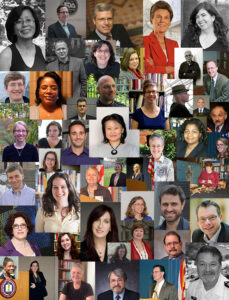
A Chorus of Voices. Through its blog Circulating Now, the NLM is giving voice our patrons from a variety of disciplines and backgrounds, whoeach in their own way and together recognize the research and educational value of our world-renowned historical collections.
Embracing the future means pursuing exhibitions and otherwise giving voice to theresearch and educational value of our historical collections as they speak to important contemporary and historical topics like confronting domestic violence, understanding AIDS, politics, and culture, exploring 20th-century healthcare professionalization, and revealing how meals offer insights into the relationships between and among individuals.
And finally, from a leadership perspective, embracing the future means meeting individuals where they stand, treating them as colleagues and as part of a team. It means supporting mentorship to advance careers, and continuous learning to advance interdisciplinary research and teaching focused on historical and contemporary issues of health and the human condition. These initiatives are not only keys to embracing the future of challenges and opportunities. They are keys to succeeding in that future.
To learn more about my thoughts about embracing the future as stewards of the past, you can read this article or, if you wish, watch my October 21, 2016, Archives Talk at UCSF.

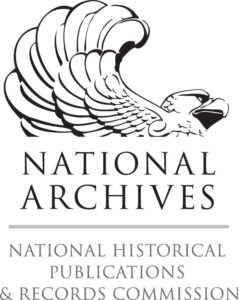
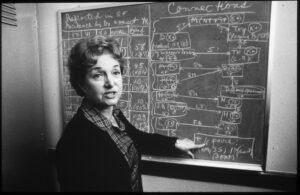
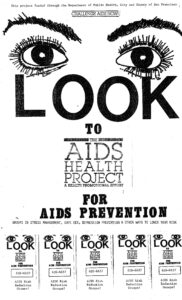

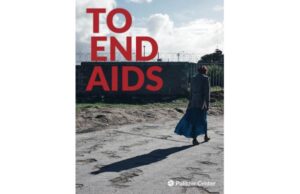 Date: Wednesday, January 11, 2017
Date: Wednesday, January 11, 2017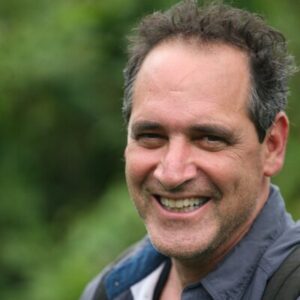 A reporter for Science since 1990, Jon Cohen has covered the HIV/AIDS epidemic for the magazine in more than three dozen countries. He also has written for the New Yorker, Atlantic Monthly, the New York Times Magazine, Smithsonian, Slate, and many other publications. His books include Shots in the Dark (W.W. Norton, 2001), Coming to Term (Houghton Mifflin, 2005), Almost Chimpanzee (Holt/Times Books, 2010), and Tomorrow Is a Long Time (Daylight Books, 2015). Cohen’s books and articles have won numerous awards and have been selected for The Best American Science and Nature Writing (2008, 2011).
A reporter for Science since 1990, Jon Cohen has covered the HIV/AIDS epidemic for the magazine in more than three dozen countries. He also has written for the New Yorker, Atlantic Monthly, the New York Times Magazine, Smithsonian, Slate, and many other publications. His books include Shots in the Dark (W.W. Norton, 2001), Coming to Term (Houghton Mifflin, 2005), Almost Chimpanzee (Holt/Times Books, 2010), and Tomorrow Is a Long Time (Daylight Books, 2015). Cohen’s books and articles have won numerous awards and have been selected for The Best American Science and Nature Writing (2008, 2011).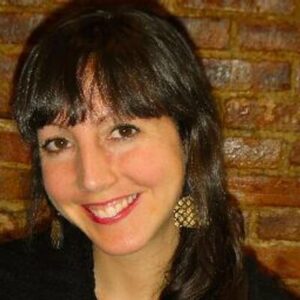 Amy Maxmen is a science journalist who covers the entanglements of evolution, medicine, policy and of people behind research. Her stories appear in a variety of outlets, including Wired, National Geographic, Nature, Newsweek, and the New York Times. Her feature on the origin of humanity is anthologized in The Best American Science and Nature Writing 2015. In 2016, she won a Science in Society Journalism Award from the National Association of Science Writers and the Bricker Award for Science Writing in Medicine. Prior to writing, she earned a Ph.D. from Harvard University.
Amy Maxmen is a science journalist who covers the entanglements of evolution, medicine, policy and of people behind research. Her stories appear in a variety of outlets, including Wired, National Geographic, Nature, Newsweek, and the New York Times. Her feature on the origin of humanity is anthologized in The Best American Science and Nature Writing 2015. In 2016, she won a Science in Society Journalism Award from the National Association of Science Writers and the Bricker Award for Science Writing in Medicine. Prior to writing, she earned a Ph.D. from Harvard University.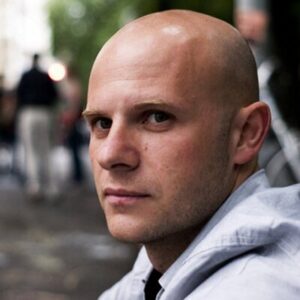 Misha Friedman is a documentary photographer with a background in international relations and economics. His analytical approach to storytelling involves trying to look beyond the facts, searching for causes, and asking complex and difficult questions. Misha regularly collaborates with international media and non-profit organizations, including the New Yorker, Time Magazine, Spiegel, GQ, Le Monde, Bloomberg Businessweek, Sports Illustrated, Amnesty International, Doctors Without Borders, and others. His widely-exhibited work has received numerous industry awards.
Misha Friedman is a documentary photographer with a background in international relations and economics. His analytical approach to storytelling involves trying to look beyond the facts, searching for causes, and asking complex and difficult questions. Misha regularly collaborates with international media and non-profit organizations, including the New Yorker, Time Magazine, Spiegel, GQ, Le Monde, Bloomberg Businessweek, Sports Illustrated, Amnesty International, Doctors Without Borders, and others. His widely-exhibited work has received numerous industry awards.